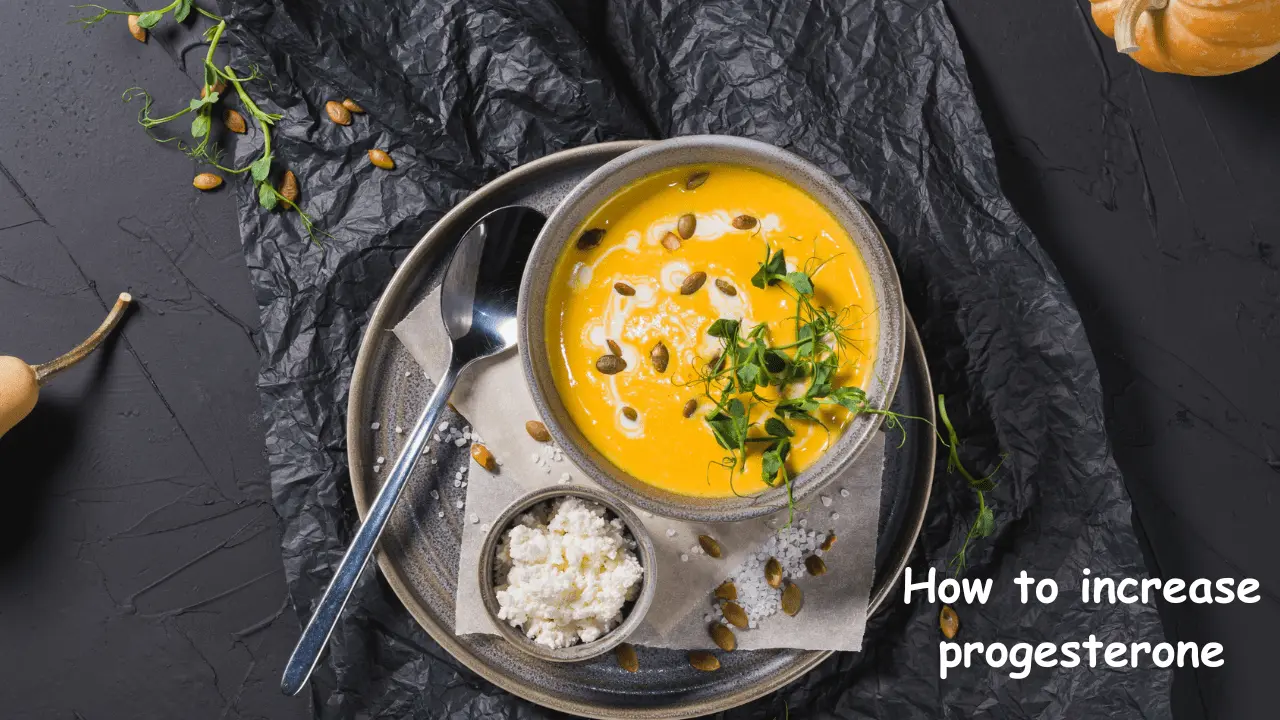Tea is a popular beverage around the world, and its caffeine content can vary depending on the type of tea. In this article, we will know whether white tea contains caffeine, and also its benefits and much more.
What is white tea?
White tea is a type of tea that is minimally processed and is made from the young leaves and buds of the Camellia sinensis plant. The leaves are usually picked before they are fully opened and have a silvery-white appearance, which is where the tea gets its name. White tea is known for its delicate flavour and aroma and is considered to be one of the most subtle and refined types of tea. It is also known for its health benefits, as it is high in antioxidants and low in caffeine. White tea is primarily produced in China, but is now grown in other parts of the world as well.
How many types of tea are there?
There are several different types of tea, including:
Black tea
This is the most common type of tea and is made from fully oxidized tea leaves. Black tea is known for its strong flavour and caffeine content.
Green tea
This type of tea is made from unoxidized tea leaves and has a milder flavour than black tea. Green tea is also known for its high levels of antioxidants.
White tea
This tea is made from young tea leaves and buds that have not been oxidized. White tea has a delicate flavour and is known for its high levels of antioxidants.
Oolong tea
This tea is partially oxidized and has a flavour that falls between green and black tea. Oolong tea is known for its complex flavours and aromas.
Herbal tea
This type of tea is made from herbs, flowers, and fruits, rather than tea leaves. Herbal tea is caffeine-free and comes in a wide range of flavours and varieties.
Pu-erh tea
This tea is fermented and aged, giving it a unique flavour and aroma. Pu-erh tea is known for its health benefits, particularly for digestion and weight loss.
Each type of tea has its own unique flavour profile and potential health benefits.
Does white tea contain caffeine?
Yes, white tea does contain caffeine, but generally in lower amounts than other types of tea such as black tea and green tea. The exact amount of caffeine in white tea can vary depending on factors such as the growing conditions, processing method, and brewing time. However, compared to other types of tea, white tea is known for its lower caffeine content, making it a good option for those who are looking for a milder tea with less caffeine.
Benefits of White Tea
White tea has numerous potential health benefits, some of which include:
1.High in antioxidants
White tea is rich in antioxidants, which can help protect the body against damage from free radicals and reduce the risk of chronic diseases.
2.Lowers the risk of heart disease
The antioxidants in white tea may help to lower blood pressure and reduce the risk of heart disease.
3.Boosts immune function
White tea may help to boost the immune system by improving the function of white blood cells.
4.Promotes healthy skin
The antioxidants in white tea may help to protect the skin from damage caused by UV radiation and promote healthy, youthful-looking skin.
5.May aid in weight loss
Some studies suggest that white tea may help to increase metabolism and promote weight loss.
6.May help prevent cancer
White tea contains compounds that have been shown to have anticancer properties and may help to prevent the growth and spread of cancer cells.
Which is better white tea or green tea?
Here is a comparison table of some key differences between white tea and green tea:
| White Tea | Green Tea |
|---|---|
| Made from young tea leaves and buds that are not oxidized | Made from unoxidized tea leaves |
| Has a delicate flavour with subtle floral and fruity notes | Has a grassy, vegetal flavour with a slightly astringent aftertaste |
| Low in caffeine | Moderate in caffeine |
| High in antioxidants, particularly catechins and flavonoids | High in antioxidants, particularly EGCG |
| May help reduce the risk of heart disease, cancer, and other chronic conditions | May help reduce the risk of heart disease, cancer, and other chronic conditions |
| May have a calming effect and help improve focus and mental clarity | May have a stimulating effect and help improve focus and mental clarity |
| Generally more expensive than green tea | Generally less expensive than white tea |
Overall, both white tea and green tea have potential health benefits and unique flavour profiles.
Is it safe to drink white tea everyday?
Drinking white tea in moderation is generally considered safe for most people. White tea is low in caffeine and has high levels of antioxidants, making it a healthy choice for daily consumption.
However, it is important to note that consuming excessive amounts of white tea may lead to negative side effects, such as caffeine-related issues such as insomnia, anxiety, and digestive problems.
It is recommended to consume no more than 2-3 cups of white tea per day.
Does white tea reduce belly fat?
While there is some research that suggests that drinking white tea may help with weight loss and reducing belly fat, more studies are needed to fully understand its effects on human health.
White tea contains caffeine and catechins, which are compounds that may help boost metabolism and promote weight loss. However, the amount of these compounds in white tea is relatively low compared to other types of tea such as green tea.
It is also important to note that weight loss and reducing belly fat require a combination of a healthy diet and regular exercise, rather than relying solely on drinking tea.
Frequently Asked Questions
Q1: How much caffeine does black tea have?
Ans: Black tea typically contains around 40-60 milligrams of caffeine per 8-ounce serving.
Q2: What is the difference between herbal tea and true tea?
Ans: Herbal tea is made from herbs, flowers, and fruits, while true tea is made from the leaves of the Camellia sinensis plant.
Q3: Is it safe to drink tea during pregnancy?
Ans: It is generally safe to consume moderate amounts of tea during pregnancy, but it is recommended to consult with a healthcare professional for personalized advice.
Q4: How long should you steep tea?
Ans: The recommended steeping time for tea varies depending on the type of tea. Generally, white and green teas are steeped for 1-3 minutes, while black tea is steeped for 3-5 minutes.
Q5: Can drinking tea help with stress and anxiety?
Ans: Some types of tea, such as chamomile and green tea, may have calming effects that can help with stress and anxiety. However, more research is needed to fully understand the effects of tea on mental health.




